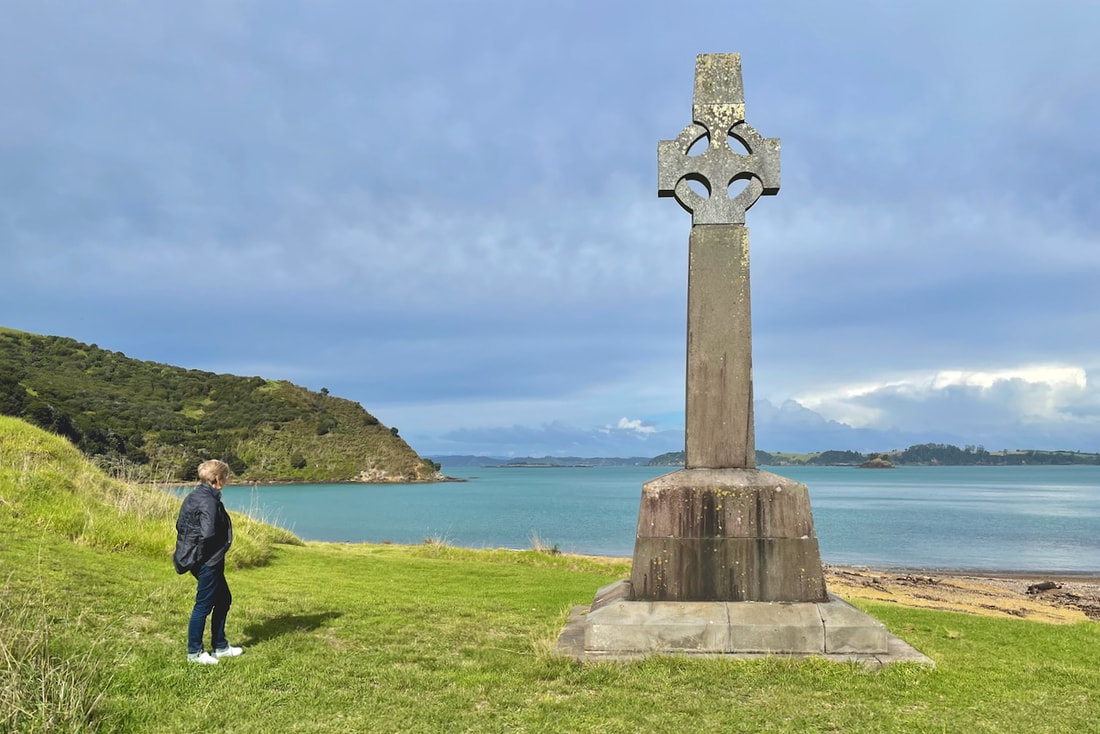|
December is a significant month for many peoples around the world. It is the month in which two of the three great Abrahamic faiths have a major festival (Jews, Hannukah; Christians, Christmas), and the Japanese observe Omisoka. For others not professing a faith, December is significant to the extent that it marks the end of the Julian calendar. Each of these observances is distinctive, but a common thread runs through them: celebration and dedication. Yes, December is a time to reflect on the year gone and give thanks, and to ponder what lies ahead. Through this muse, I too wish to give thanks, to the many board directors, business leaders and students that I have had the good fortune to work with during 2021—both in person in New Zealand, and via video link in the United Kingdom, the European Union, the Caucasus region, North America and the Caribbean, India, several African and Middle Eastern countries, and closer to home in Australia. I have learnt a lot, and hope others have derived value from the interactions. Thank you. Peering into 2022, the prospect of travelling internationally to work in person with boards and students is enticing. Once the coronavirus situation stabilises, border restrictions are relaxed and travel becomes viable again, I will accept bookings. But in the meantime, I have decided to take on a new project. For over two decades now, I’ve had the privilege of working with aspiring and established directors on five continents, helping them wrestle with problems, consider opportunities, make decisions and learn what it means to be an effective director. Over the same period, two friends have encouraged—even nagged—me to consolidate my ideas, experiences and insights into a book. And each time it has been mentioned, I have pushed the idea away, citing lack of head space. But circumstances have changed in 2021 and the time now seems right to reconsider the prospect of writing 50,000 words about governance and the craft of board work. So, that is what I will attempt in 2022. (*) The image shows the Marsden Cross, which marks the location of the first Christian mission settlement in New Zealand, and the spot Samuel Marsden preached the first Christian service, on 25 December, 1814.
1 Comment
Every year, at about this time, sages and futurists of various stripes peer out from their sanctuaries to offer opinions of what the future holds. Many speak or write deterministically, as if they have been blessed with special powers to know or postulate the future with great accuracy. Pronouncements are read with great anticipation by many, and embraced as if categorical. But some commentators are more circumspect; their contingent expressions reveal great maturity and wisdom. “Forecasting is always a hazardous business. … no one can claim that the future is entirely inscrutable.” One does not need to look far to see examples of the difficulties faced by those charged with forecasting and strategising. Over the last two years, for example, undertones of fear and stasis have been prominent. People and companies have frozen in response to pronouncements and dictates from national leaders. Economic and social priorities have been set to one side; the main—nay, only—focus has been on the pesky virus known as Covid19. First, borders were closed and populations were locked down, in an effort to flatten the curve. Some even tried to eliminate the virus. Then, recognising their folly, leaders embraced vaccination to reduce the effects of the virus. Most recently, mandates have seen populations divided into two classes, the vaccinated and the un-vaxxed. Naysayers have jumped in, but many of their predictions have proven to be wrong as well. Meanwhile, economies have struggled and the social fabric has frayed. Amidst this backdrop, boards remain responsible for the performance of the companies they govern. Of those who recognise this (and not all do), some boards wait, perplexed by the unknowns, and others strike out, believing they can control the future, despite a plethora of externalities. Neither response is particularly wise. High performing boards and leadership teams recognise that things change, often unexpectedly. They remain vigilant, watching for weak signals that might portend the emergence of something significant. They hold options open for as long as possible. Then, when it is time, they act, decisively. The types of questions high performing boards ask (and keep asking) include:
While some of these questions may be difficult to answer, boards must persevere. Even partial answers are likely to indicate a more reliable way forward than the lazy option of blindly pursuing the supposedly categorical predictions of mediums, sages and futurists.
|
SearchMusingsThoughts on corporate governance, strategy and boardcraft; our place in the world; and other topics that catch my attention. Categories
All
Archives
May 2024
|
|
Dr. Peter Crow, CMInstD
|
© Copyright 2001-2024 | Terms of use & privacy
|



